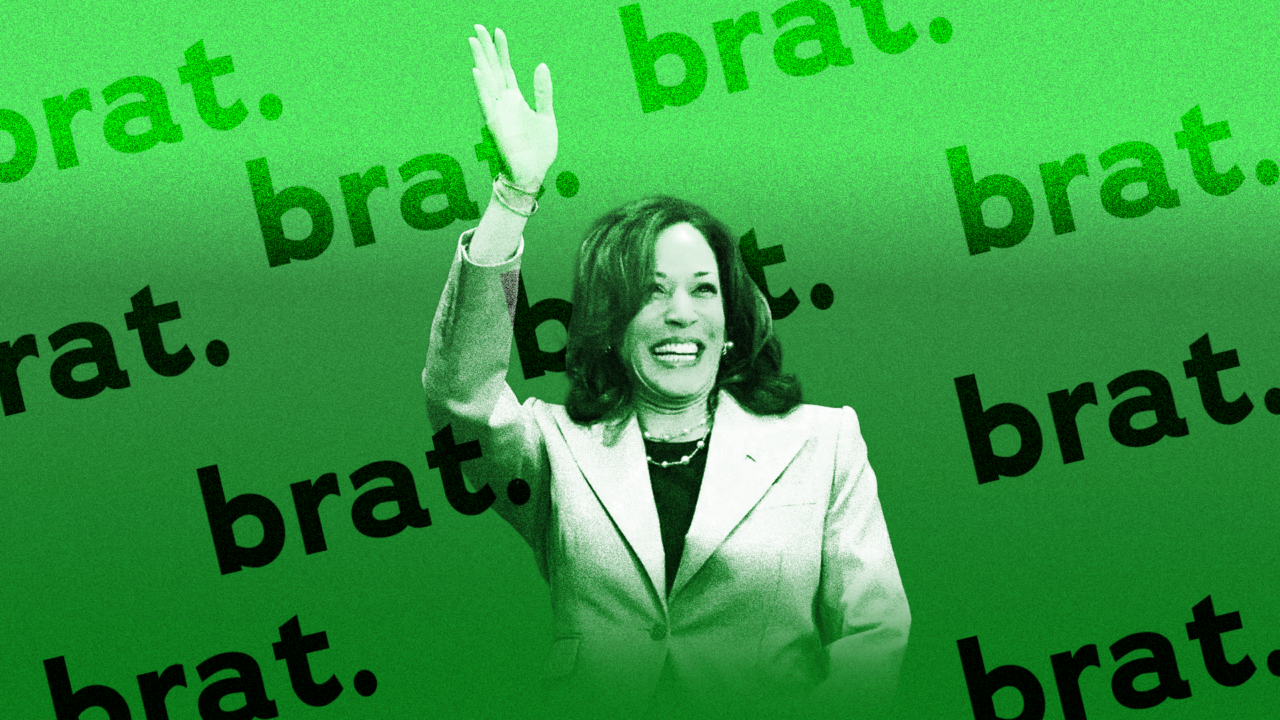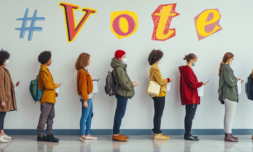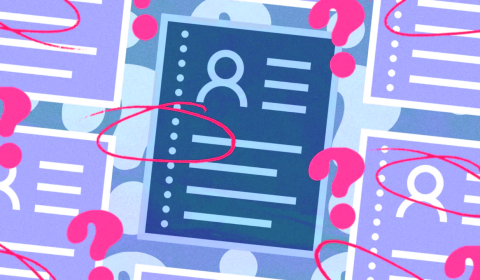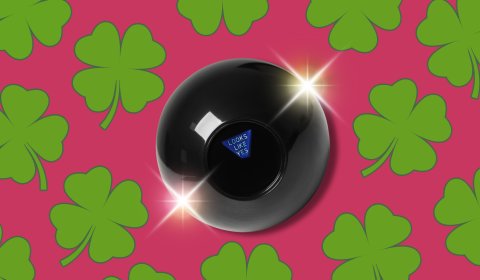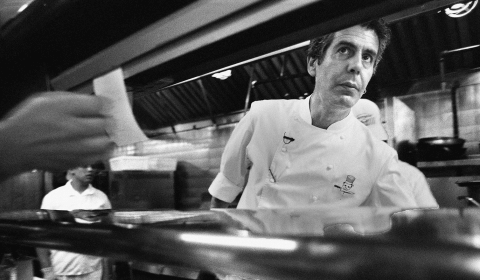In an out-of-the-blue turn of events, Vice President Kamala Harris finds herself at the heart of ‘bratcore.’ Catapulted into this phenomenon by a blend of pop culture, political memes, and a concerted rebranding effort, it’s sparked criticism from sceptics and a cult-like devotion among her supporters.
In the ever-evolving landscape of American politics, where the lines between governance and entertainment have been increasingly blurred, Vice President Kamala Harris has been unexpectedly thrust into the heart of a cultural phenomenon.
The catalyst? Pop icon Charli XCX declaring in a tweet that ‘kamala IS brat.’
This passing statement has set off a chain reaction, transforming Harris’s public image and campaign strategy in ways that few could have predicted.
The term ‘brat,’ once associated with rebellious youth culture, has been co-opted by her team in a bold rebranding effort.
kamala IS brat
— Charli (@charli_xcx) July 22, 2024
It comes at a time when Harris, known for having a background in law enforcement, is facing criticism for this, and the irony that a former ‘cop’ is embracing the ‘brat’ aesthetic has not gone unnoticed, prompting a flurry of memes and online discourse.
The Harris campaign’s social media strategy shows just how swiftly this new persona has been adopted.
The official Kamala Harris X page now sports a banner image reading ‘kamala hq’ in lowercase, against a lime green backdrop.
These colour and style choices are synonymous with ‘bratcore,’ representing a dramatic departure from the traditional, formal imagery that’s typically associated with high-level political campaigns.
The impact of political memes on voter engagement
As the 2024 presidential race heats up, the Harris campaign’s championing of meme culture signals a notable shift in political communication strategies.
The ‘K-Hive,’ Harris’s devoted online fanbase has welcomed this change, posting that they’ve been ‘coconut-pilled’ – a reference to remarks the vice president made at an event in the White House in May 2023.
This cultural pivot has unleashed a torrent of user-generated content.
Fancams and compilations featuring Harris’s speeches set to bass-heavy tracks from the brat album have flooded social media platforms.









